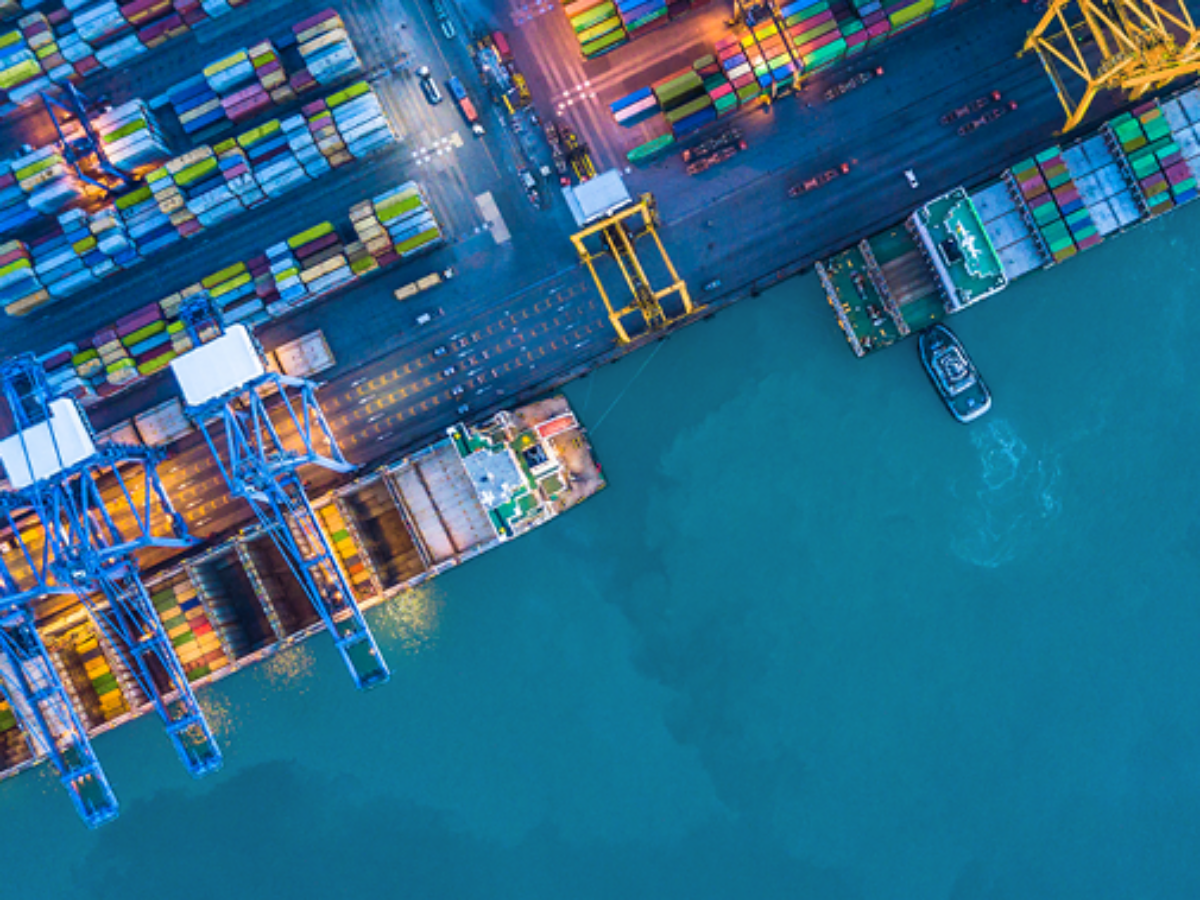Learning from locals – Australia’s response to global supply chain fragility

By Steven Dooley
COVID-19 has had a disruptive effect on all aspects of life and business, but the supply chain disturbances it has created have dramatically affected every industry. Like many countries, Australia depends on international trade partnerships for goods and services. This includes importing vital goods produced overseas and exporting Australian products that support the success and growth of critical industries.
The pandemic has highlighted the true extent of our reliance on these trade partnerships, with many vital sectors continuing to grapple with fragile supply chains logistics. The 1300 Evergreen Marine shipping container stuck in the Suez Canal presented an impactful picture of supply chain fragility and highlighted the cost to businesses, governments, and ultimately economies. Industry analysts estimate that between $3.9bn and $12.6bn of goods were stranded in only six days, and losses are estimated to be over $1.3bn.
Looking at international supply chain disturbances during the pandemic, a combination of business continuity issues and limited global movement has driven issues in production and delivery, with 72% of businesses reporting that COVID-19 harmed their supply chain. Last year over 52% of supply chain disruptions forced businesses to enact a “war room” situation where they faced immense risk, compared to 39% in 2019. The current computer chip shortage has had a domino effect on the production of consumer and enterprise technology products, causing global manufacturing delays.
Prior to the current lockdown, Deloitte Access Economics reported that the Australian economy was roaring back, and anticipated the economy would expand by 4.9 per cent in 2021 and 3.3 per cent in 2022. The most recent outbreak threatens this growth significantly and despite the Treasury and Reserve Bank offering assurances that the country will likely avoid a recession, damage to supply chains are known to be one of the most lasting economic consequences of the pandemic and lockdowns.
Industry innovation throughout the last 12 months, including the local production of PPE gear for frontline healthcare workers and hand sanitiser developed by distilleries across the country, has greatly eased shortages and helped to protect the Australian public during a time of uncertainty. Retailers and manufacturers have worked closely with the agriculture sector to increase production and shorten wait times for deliveries to heightened demand, strengthen relationships within the supply chain and work as a collective to resolve pain points of farm to table.
Beyond goods and trade, the services sector has had to adapt their supply chains, with industries like higher education adopting technology to continue providing learning opportunities to international students unable to travel. The rapid scaling of technology has bridged geographical barriers and, more importantly, creating a sustainable solution that businesses can offer beyond the pandemic.
As the vaccination program starts to ramp up and Australia looks ahead to recovery from the pandemic, the question remains of how the virus will continue to change the long-term acceleration of supply chains trends. While Australia has seemingly strengthened its logistical networks regionally, there is still a need to rebuild resilient, sustainable supply chains internationally. Before the pandemic, the Western Union Business Solutions FX Barometer Report uncovered that after the US, China was the most important overseas market that Australian SMEs surveyed planned to invest more in over the next five years.
COVID-19 hasn't been an isolated factor in supply chain disruption – with growing political tensions and restrictions contributing to increasing costs for moving goods. Even before the pandemic, prices had increased, with a standard 40ft container that cost $2,000 to send from China to Europe, rising to more than $9,000[1] due to mounting competition amongst freight companies.
As we enter our second year of the pandemic, with ongoing and unpredictable COVID-19 outbreaks across the world and locally, Australia has the opportunity to continue to strengthen these local supply chain processes, which can ultimately support the development of more robust international trade in the future. The foundations of local supply chains best practices can help build more resilient global partnerships that benefit the Australian industry and ensure a national framework that can help counteract future economic disturbances.
[1] Freightos Baltic Index on 25012021
Steven Dooley is Currency Strategist at Western Union Business Solutions.
Subscribe to our free @AuManufacturing newsletter here.
Topics Manufacturing News
@aumanufacturing Sections
Analysis and Commentary Awards casino reviews Defence Gambling Manufacturing News Online Casino Podcast Technology Videos





